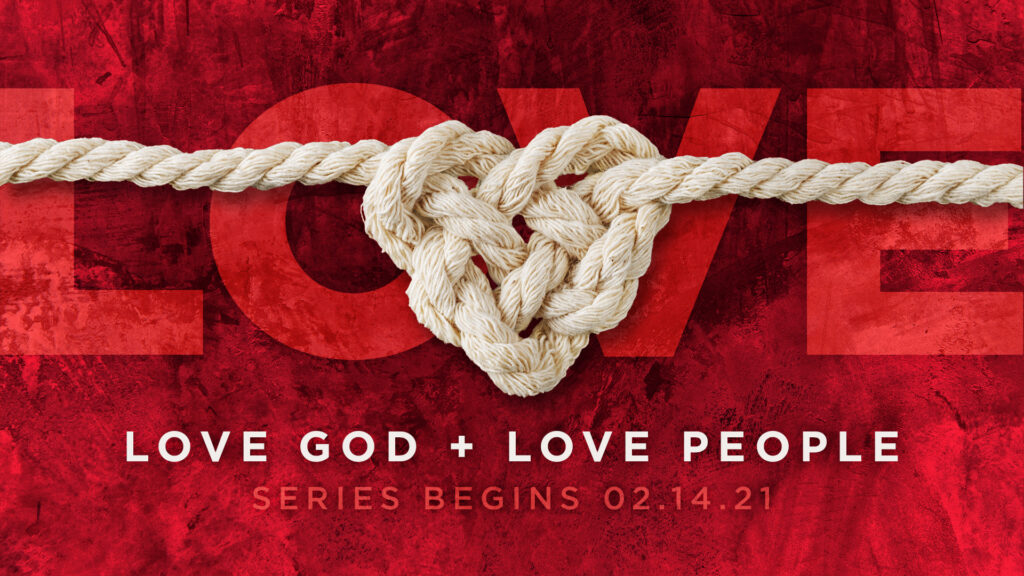Listening for Sunday’s Promise, Love Is The Binding Agent of The Church
Listening for Sunday’s Promise, Love Is The Binding Agent of The Church Submitted to Red Rock News for Jan 31th’s edition Rev. Dona Johnson |January 28, 2025 1 Corinthians Chapter 13 is known as the “love” chapter or hymn of love. The entire chapter is devoted to defining what love looks like in the body of Christ. It is often used in weddings as a declaration of love between two people vowing to pledge their lives to one another and you see it printed on programs and napkins. But Paul’s description of love, his intent, although it has poetic undertones in weddings, has an altogether different meaning and purpose. Paul is addressing the community of Christians in Corinth who may be worshiping Jesus but who are lacking love for one another. His message is not for secular society but for Christians. He inserts his description of love in 1 Corinthians between chapter 12 in which he describes the diversity of spiritual gifts and the need for unity and chapter 14 where he resumes his discussion on worship, Christians who love the church will seek to edify it, not gain personal advantage or compete with one another for importance. The Corinthian Church was not a homogenous body. Its members were not all the same in faith, in ethnicity, status, rank and life situations. Many of its members were of a lower class. There were widows and orphans, married and unmarried men and women, Gentile converts, Jewish members who still practiced many of their Jewish rituals and Jewish leaders who had held leadership positions in the synagogue and who asserted their power. For church diversity, love is indispensable. It is the norm by which we use the Spirit’s gifts and celebrate love’s eternal permanence. This behavior builds up the church and prepares its members to see God face to face (1 Cor 13:12). Paul asserts that even if he has the gift of prophecy, of all knowledge and understands all the mysteries of God, without love all his intellectual pursuits are useless. William Barclay, renowned New Testament scholar suggests, There is a permanent danger of intellectual snobbery. “Preaching which is all threat and no love may terrify but it will not save.” One important attribute of love is patience. The Greek word makrothumein used in the New Testament always describes patience with people and not with circumstances. This type of patience endures however unkind and hurting are the behaviors of others. This is the same eternal patience God exercises with us. What this means for Christians is we are not to compete and one-up one another, we are not to narcissistically fixate on ourselves and our own accomplishments. Instead, divine love sees God’s goodness in others. It gives people the wiggle room to be who they are— different. In fact it looks past the differences of others; it deflects quirky personalities and the odd habits of others without being miffed or frustrated. It sees differences in others as strengths and not weaknesses. There is no sin, no problem or crisis in the church that can shatter or sever God’s love for us and the body of Christ! Although diversity in the church is a nonnegotiable for Paul, love is greater. So, chapter 13 is a call to action. A call to every Christian community to celebrate and be grateful for its diversity and to get along within it. Thus, Paul’s letter is a holy intervention in the life of every congregation. Love is the binding agent of the Church—it holds together our differences. And its main ingredients are trust and truth. Love thrives and flourishes in communities that take God at his word and where people trust God working in each other, see the best in each other and lift up the good. Faith, hope and love are the only way the Church moves itself into the next generation. Love trumps everything. It is the heart of the Gospel—it is Christ himself. Amen. Rev. Dona Johnson |January 28, 2025
Listening for Sunday’s Promise, Love Is The Binding Agent of The Church Read More »




